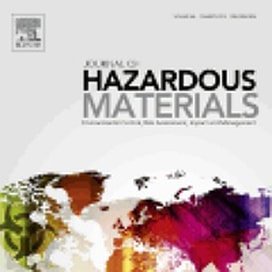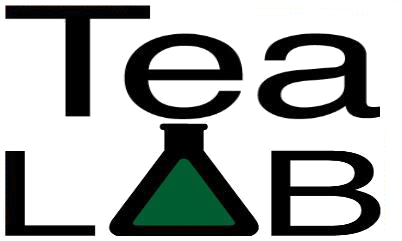 Biochar accelerates PAHs biodegradation in petroleum-polluted soil by biostimulation strategy Journal of Hazardous Materials February 2018 Link Here Pollution is a pretty big problem worldwide, especially in China. Years of lax regulation has created land, water, and air that are far from optimal when it comes to plant and human health. Remediation of theses polluted natural resources is of a growing concern for both public health and future economics. A group of scientists from the Shijiazhuang University in Hebei, China wanted to see what effect biochar has on helping petroleum polluted soils. Specifically, they looked at biochar made with either sawdust or wheat straw, cooked at either 300C or 500C, and their effect on reducing Polycyclic Aromatic Hdyrocarbons (aka PHAs). The biologically-minded scientists found that the addition of biochar helped to reduce soil PAH content, though only significantly so with the biochar produced under the hotter, 500C preparation. There was no difference in results between sawdust of wheat straw. Laboratory analysis showed that the addition of biochar actually promoted the growth of PAH degrading bacteria. The experiment showed that the high-heat biochar established favorable soil conditions for microorganisms able to degrade the toxic PAHs. Studies like this show that biochar is likely to play a major role in soil remediation worldwide.
0 Comments
Your comment will be posted after it is approved.
Leave a Reply. |
Archives
June 2024
Categories
All
|
Contact Us
Why TeaLAB?TeaLAB is committed to helping people and their gardens to become more self- sufficient, healthier, and productive. Grow your sweetest corn, your biggest watermelon, your tallest quinoa, your tastiest tomato, and your happiest you.
TeaLAB was founded to teach people how to garden organically, so that we can become more closely connected with the land. Our goal has been to simplify growing methods so that gardeners have a positive experience in the garden. TeaLAB is where the garden meets the laboratory. From around the world and into your backyard, our products contain ingredients that are sourced both locally and globally. Using methods both ancient and cutting edge, TeaLAB promotes maximum biology. Grow with TeaLAB. |

 RSS Feed
RSS Feed
